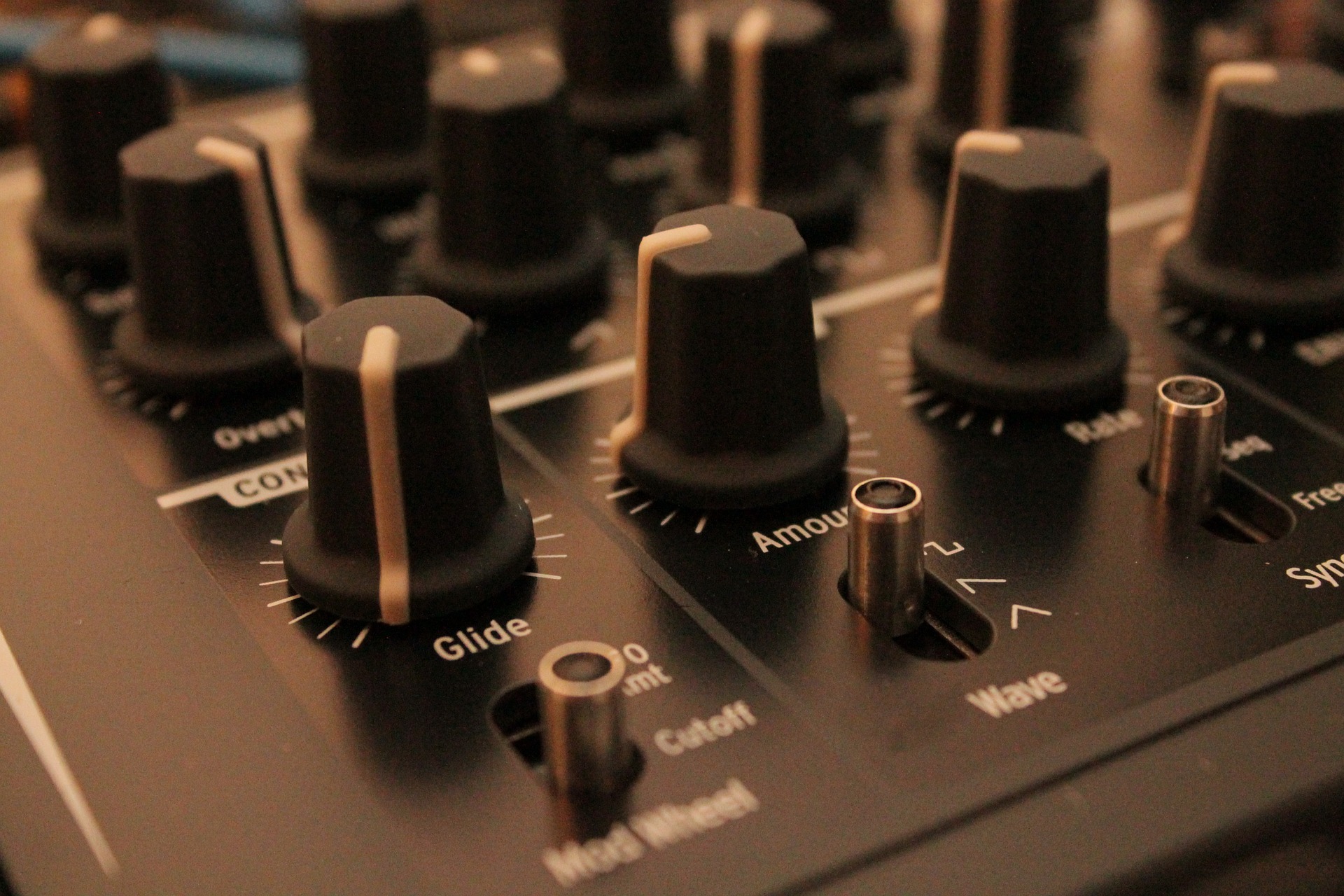The advent of the first analogue synthesizers gave a whole new range of possibilities to the musicians, however, with time, the music scene switched to digital synthesizers. This article will show you more of the history of these two crucial music instruments and the way they were applied by the music industry.
If you have never come across synthesizers but have only heard the name of this immensely popular music instrument, you might be wondering what it is. Is it some unexpected cringe or weird intro for something? This article will provide you with everything you need to know about synthesizers!
What a synthesizer is?
A synthesizer is piece of musical equipment powered by electricity which generates sounds through electronic voltage and make noises that can shape in any way you can imagine or poke around making amazing sounds which are popularly referred to as “accidentals”.
If you now think you have never heard synthesizers in action, you are very wrong. All of your favourite electronic musicians out of 99.8% chance, uses or possess some sort of synthesizers at his or her or their place.
The usage of synthesizers by famous musicians
Manufacturers like EMS, Arp were already making things happening along with Moog. Lot of prominent musicians found a complete new horizon to their musical landscape which they eventually did. With the added layers of synthesizers musicians who had primarily relied on conventional instruments of the time had seen a high change in their soundscape.
Top musicians like Pink Floyd, Brian Eno, Yes and a countless number of musicians defined the art and culture of 1970s with these synthesizers added to their musical aspect. Literally, almost every prog band used Minimoog or some other synthesizers of the time like for instance, Arp Odyssey.
Many musicians other than just bands with conventional instruments in fact completely moved on with synthesizers being their primary source of instrumentation. This was very true for the culture like art rock or then electronic music. This was massively popular in Europe in particular. Such musicians as Klaus Schulze, Tangerine Dream, Kraftwerk from Germany, Jean Michel Jarre from France and others had already been setting forth a complete new direction of music scene with much abstract forms and heavily electronically produced music.
The switch to digital synthesizers and back to the analogue ones
The direction of analogue synthesizer begun to change from the late 1970s and was on its way to move in to the direction to digital synthesizers from 1980s. 1980s heavily relied on digital synthesizers, but after a while musicians begun to get back to analogue synthesizers. The reason for this was the fact there was something special about analogue synthesizers. This was its sound and characteristics which were presumably different from those of the digitally controlled synthesizers. Also, there were factors like each component was responsible for building up the certain part of the sound with a friendly interface as well as the personal aspects of taste in synthesizers like taste of music.
Most of the analogue that came out of the time 1970s were analogue and monophonic. Meaning, you could play one note at a time. Multiple notes would cancel out one another. Therefore, it was good enough for solos with massive edgy sound with various tonal characteristics. Though, the polyphonic synthesizers were already out by the synthesizer manufacturer Oberheim with OB-X in 1979.
Synthesizers today
Even though digital synthesizers defined the 1980s, the demand quickly dropped to analogue synthesizer by 1990. This was the time quite impossible to meet the demand of analogue synthesizers due to the heavy financial factors involved manufacturing these beasts again. Yet over time, the manufacturers begun to get into analogue synthesizers again but with the touch of more modern features which the 1970s analogue synthesizers did not have at all.
Although those vintage analogue synths might sound like your go to picks, they have their own downfalls as well. They are such as the digital factors such memory you won’t be able to store your sound as presets and also they could easily go out of tune.


Which synthesizer do you recommend for professional use? I heard that professionals use analogue